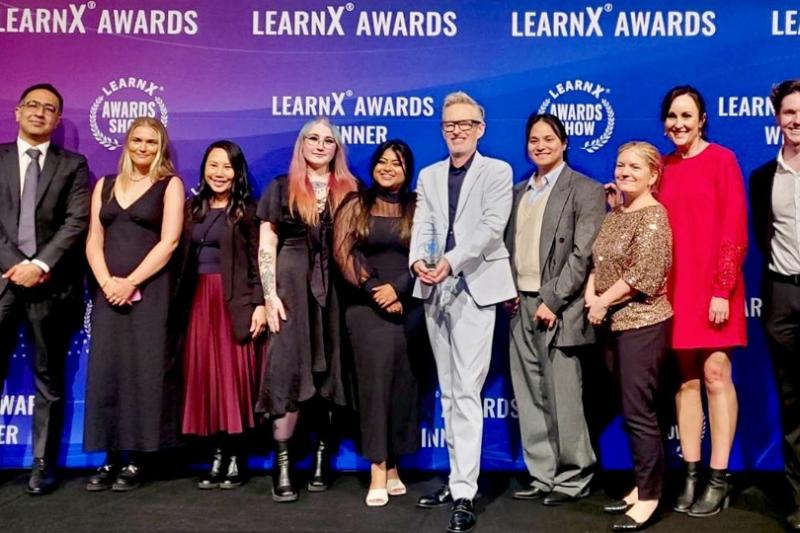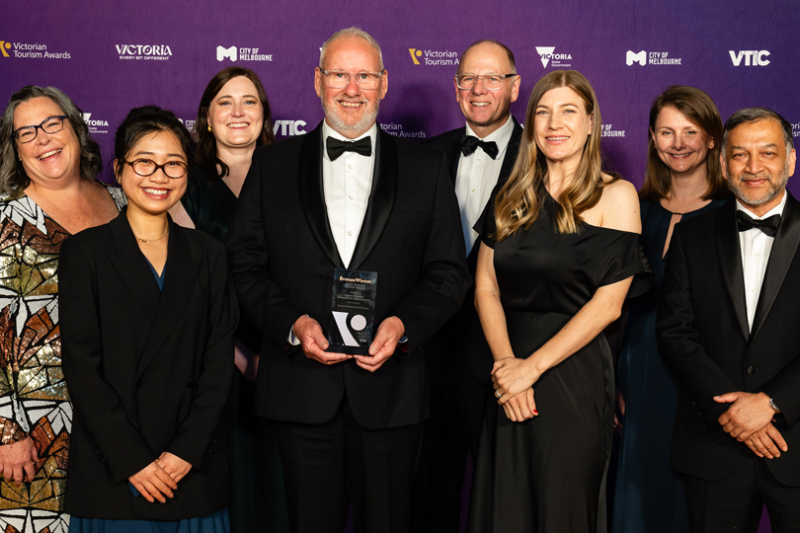Research aims to support vulnerable young people reach university

New Victoria University–Charles Sturt University research launched today provides insights about the systemic barriers to higher education for young people who have been raised in out-of-home care.
Co-authored by Dr Elizabeth Knight from VU’s Centre for International Research on Education Systems (CIRES) and Dr Emma Colvin at Charles Sturt University, the report also provides options to better support these young people in equal access to higher education.
The Australian Institute of Health and Welfare estimates 45,000 children in Australia are in out-of-home care for a range of reasons including neglect, abuse, death of family members, or inability of family members to care for them.
When removed, these children may stay with relatives in a kinship care arrangement, foster care, or residential care such as a group home.
The report Supporting care-experienced young people into higher education was funded by the Collier Charitable Foundation.
Research shows that care-leavers are less likely to attain educational qualifications, are less likely to have good health, and are more likely to have contact with the criminal justice and mental health systems.
While previous research found a lack of formal assistance and information for these young people when applying for university, the new research addresses equitability of access to information ─ and provides suggestions for universities, career advisers and others about how to best support care-leavers about transitions to higher education.
The research includes a publicly available infographic (PDF, 4.16 MB), which maps barriers to opportunity for young people with care experience.
Infographic text alternative
Mapping the obstacles in Out of Home Care experienced young people’s pathway into higher education
57% of care leavers now finish Year 12 but only 32% of care leavers commence higher education (data from CREATE cohort study collected in relation to 2019 academic year. McDowall, J.J. (2020). Transitioning to adulthood from out-of-home care: Independence or interdependence? CREATE Foundation).
Care leavers and their supporters are not routinely provided information about higher education transition. Only NSW offers any information about higher education transition on their post-care information pages.
Is there targeted information on university websites for care-experienced people?
Care-experienced young person:
- 10% of university websites have information available
- 13% of university websites have limited information
- 77% of university websites have no information.
Independent/emancipated young person:
- 13% of university websites have information available
- 0% of university websites have limited information
- 87% of university websites have no information.
Carers as well as parents:
- 10% of university websites have information available
- 26% of university websites have limited information
- 64% of university websites have no information.
What accommodation is available?
How many universities offer support in finding accommodation for care leavers?
- 3 offer clear specialist support
- 5 offer general equity links
- 31 offer nothing specific.
Is there funding?
- 34 of 39 universities have equity scholarships but no named scholarships available for care-experienced young people.
- Only 15 scholarship or bursary schemes aimed at care leavers found nationally across 5 institutions (six in one).
Logos for: Charles Sturt University, Victoria University, Centre for International Research on Education Systems (CIRES). Our partners: Career Industry Council of Australia, Create Foundation.



